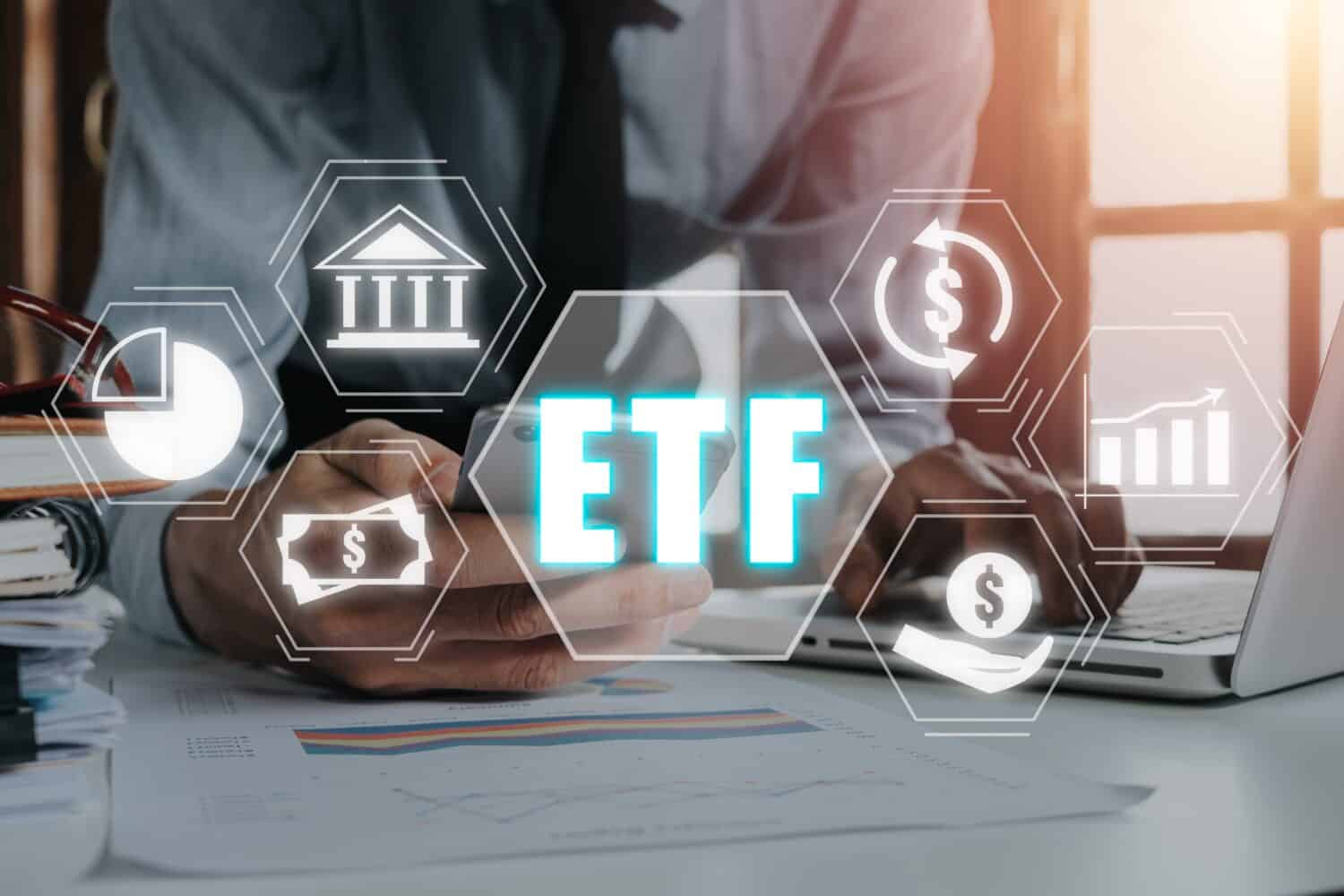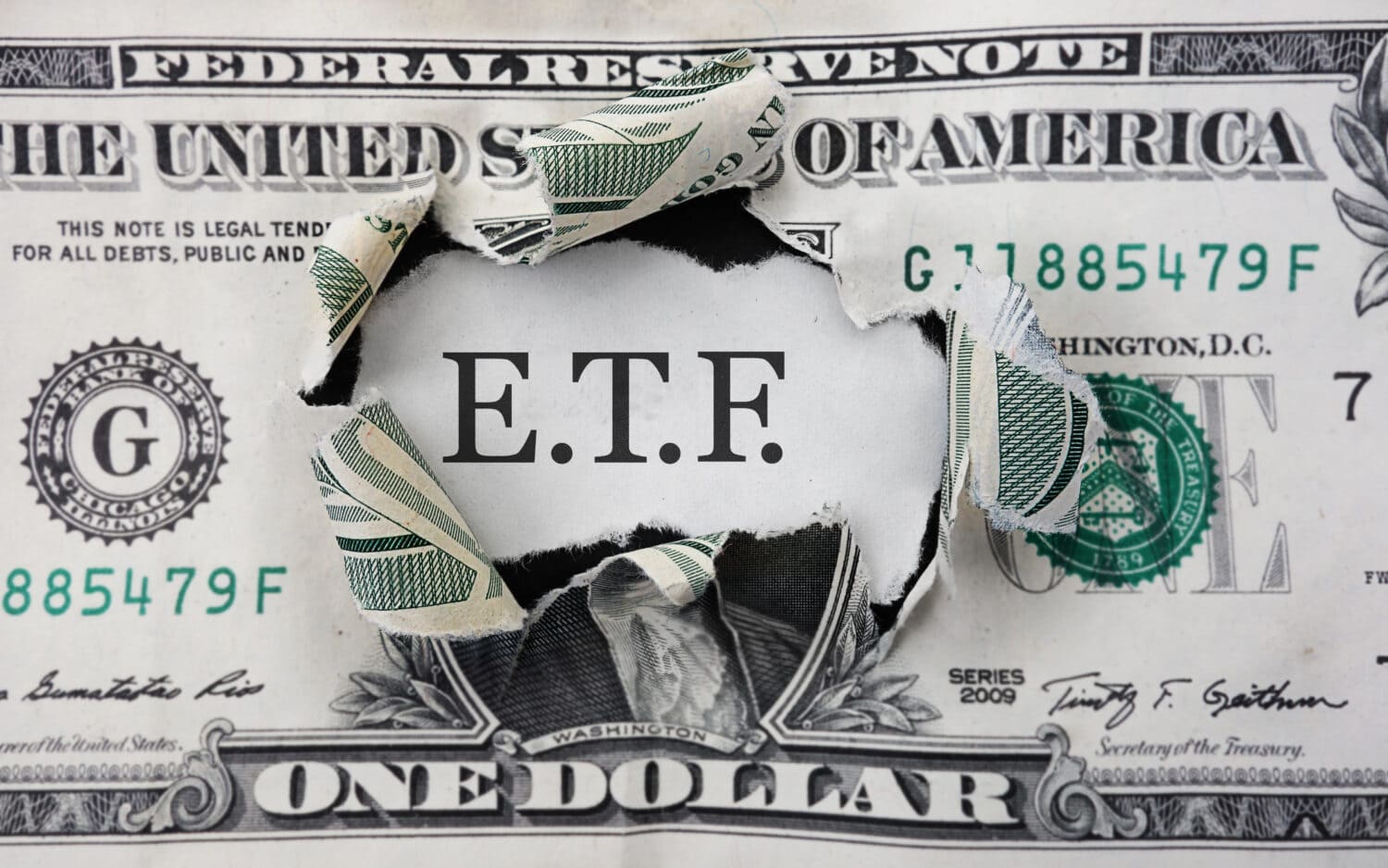Investing
SQQQ And The Painful Lesson For Betting Against the Stock Market

Published:

Most investors know the market goes up over time. Indeed, over the very long-term, bears are likely to get crushed. And while short-selling (or betting against the market via other means) can generate some big gains in short amounts of time (for those who time big downside moves right), it’s also true that most investor portfolios that outperform are those that simply buy and hold. Recent studies have shown that the best-performing funds are often those owned by folks who are dead or forgot their login information for years.
The market is a compounding machine, which means betting against the market directly or via ETFs such as the ProShares UltraPro Short QQQ (Nasdaq: SQQQ) can be very expensive over long periods of time.
Let’s dive into how much an investor would have lost by investing $10,000 into this ETF 10 years ago. This data has been pulled from YahooFinance and some simple math is used to calculate the return of this ETF over time.

As a triple-leveraged ETF, SQQQ appreciates three-times the Nasdaq’s decline on down days, and loses three-times the return of the Nasdaq on up days. We think it’s important for investors to understand how leveraged ETFs work, and why betting against the market over long periods of time is a bad idea.

The whole idea behind the stock market is that it’s a compounding mechanism. Betting on a broader index, such as the tech-heavy Nasdaq, is great for long-term growth investors. You gain exposure to the highest-growth and largest tech companies in the world, which are replaced from time to time based on performance and the rise of new high-performing juggernauts.
Betting against the Nasdaq via a vehicle like the SQQQ ETF can pay off over short periods of time. Looking at this ETF’s chart from April 1, 2010 to June 1, 2010 we can see that the ETF surged more than 37%. That’s a great return for a single quarter. But that was right near the end of the Great Recession, right about when stocks started to bounce back. Those who held since then are down 99.9975%. Yup, you read that right.
Now, the 10-year return for those who stayed invested in the SQQQ isn’t as bad. It’s only 99.94%. But you get my drift – eventually, this fund trends toward zero, as the stock market continues to make new highs over the very long-term.
Start by taking a quick retirement quiz from SmartAsset that will match you with up to 3 financial advisors that serve your area and beyond in 5 minutes, or less.
Each advisor has been vetted by SmartAsset and is held to a fiduciary standard to act in your best interests.
Here’s how it works:
1. Answer SmartAsset advisor match quiz
2. Review your pre-screened matches at your leisure. Check out the advisors’ profiles.
3. Speak with advisors at no cost to you. Have an introductory call on the phone or introduction in person and choose whom to work with in the future
Thank you for reading! Have some feedback for us?
Contact the 24/7 Wall St. editorial team.